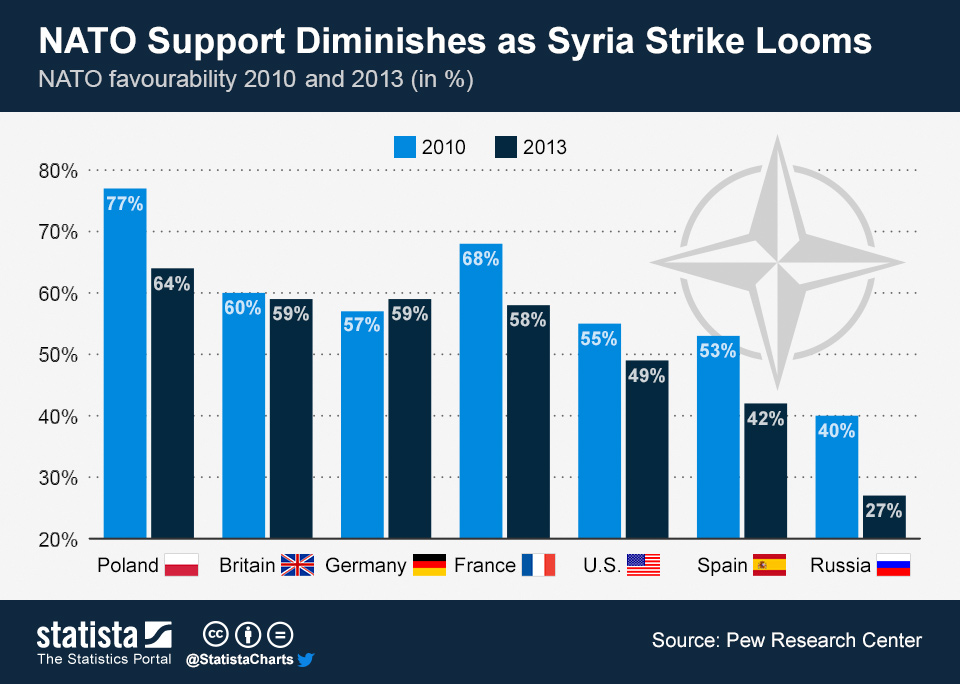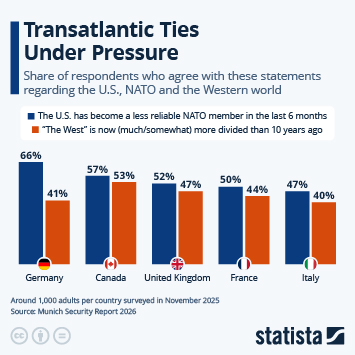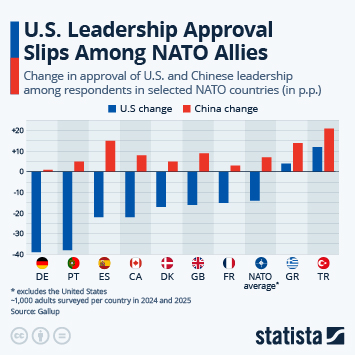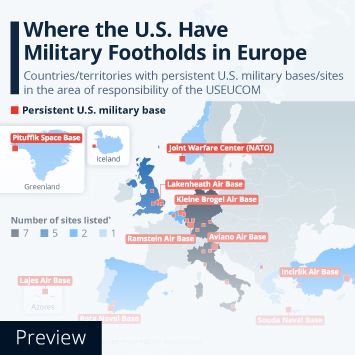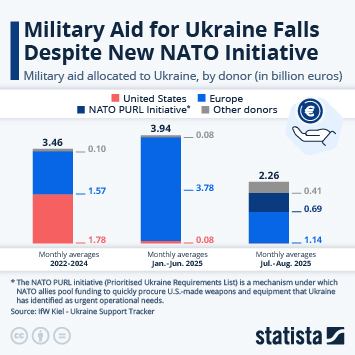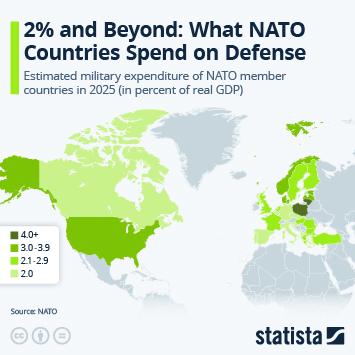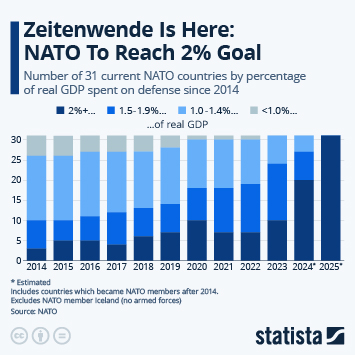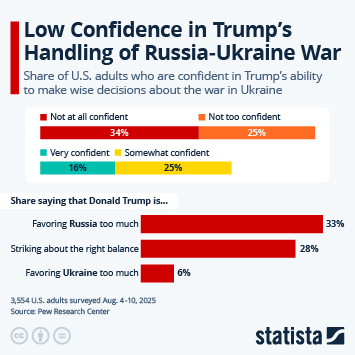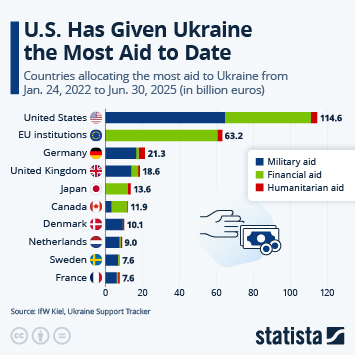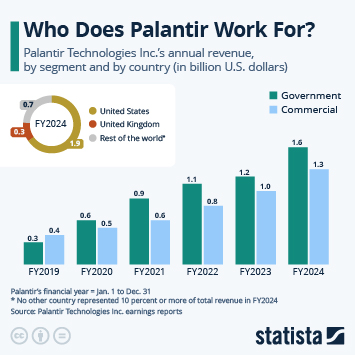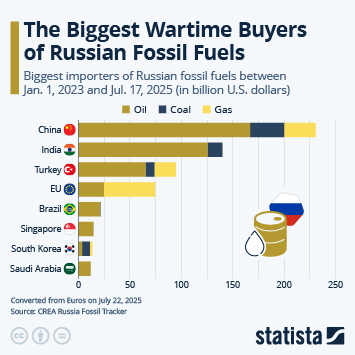As the United States and several key allies, primarily NATO members, debate the merits of a strike on Syria, Russian President Vladimir Putin has been challenging the alliance to provide hard evidence of a chemical attack carried out by Assad’s regime.
Generally in Russia, NATO favourability has declined drastically over the past three years. Back in 2010, 40 percent of Russians held a positive view of NATO. By 2013, this had fallen to just 27 percent.
Indeed, waning support for NATO is becoming a trend right across the world. In Poland, favorability of the alliance fell from 77 percent in 2010 to 64 percent in 2013. In France, NATO suffered a 10 percent dent in its popularity during the same timeframe – favorability fell from 68 percent to 58 percent.
Even in the United States, NATO favorability fell from 55 percent in 2010 to 49 percent in 2013. A new conflict in Syria is becoming increasingly difficult to justify to a war weary public after more than 10 years of NATO involvement in Afghanistan.
NATO Support Diminishes as Syria Strike Looms
